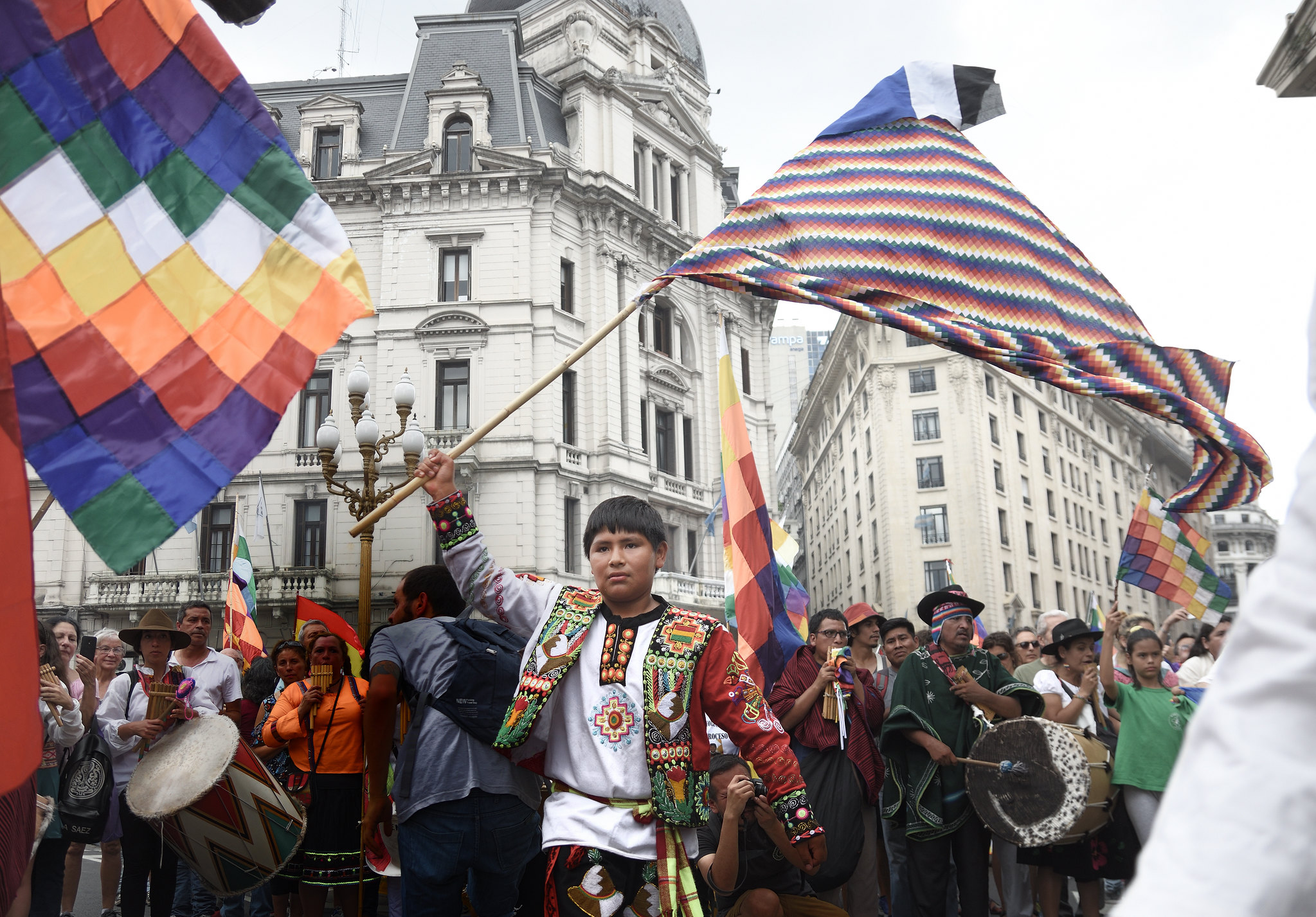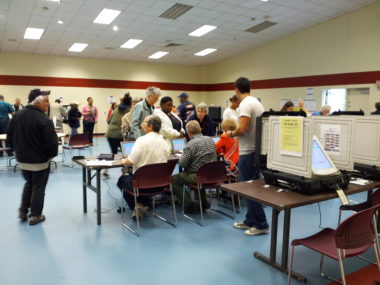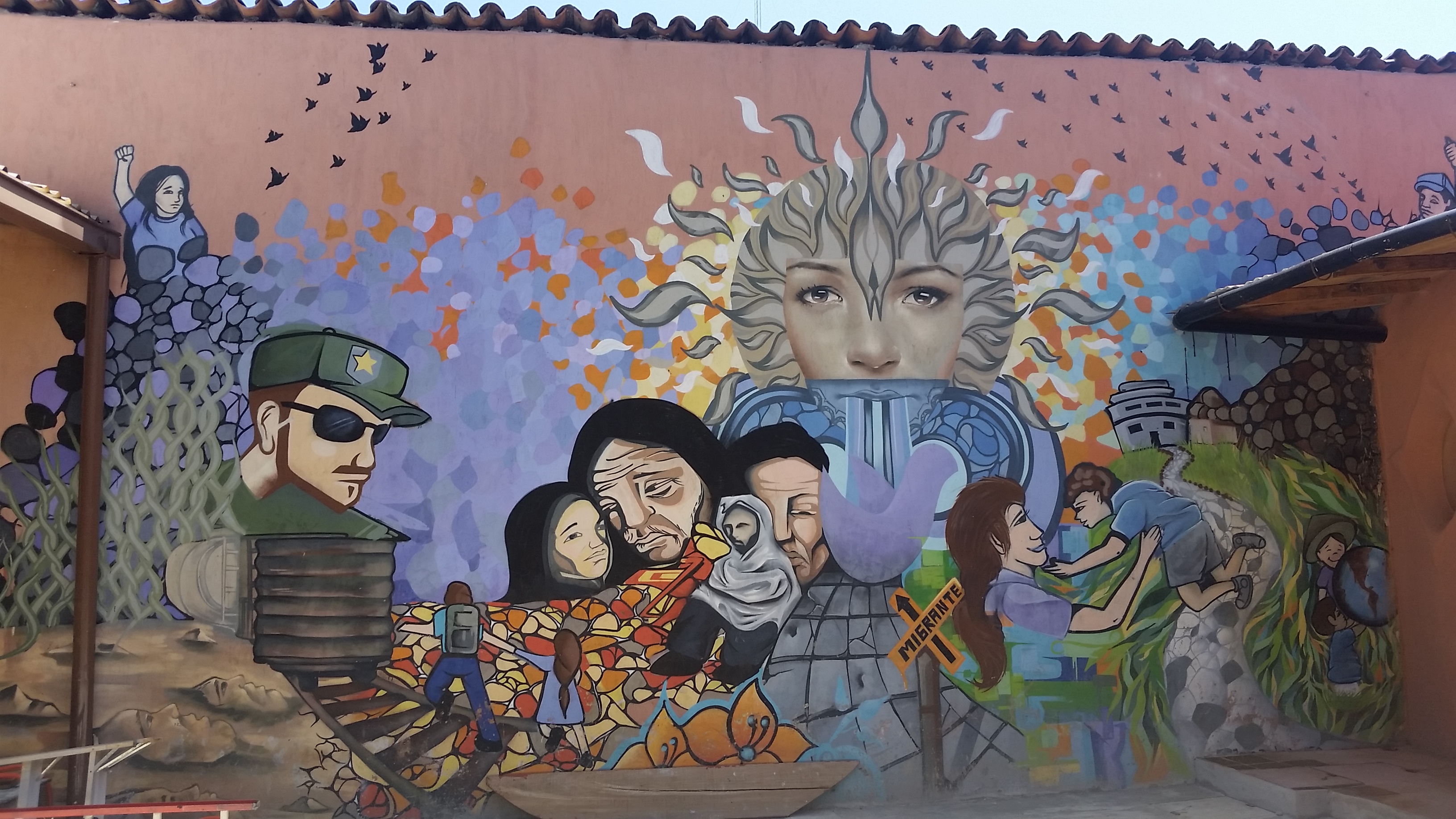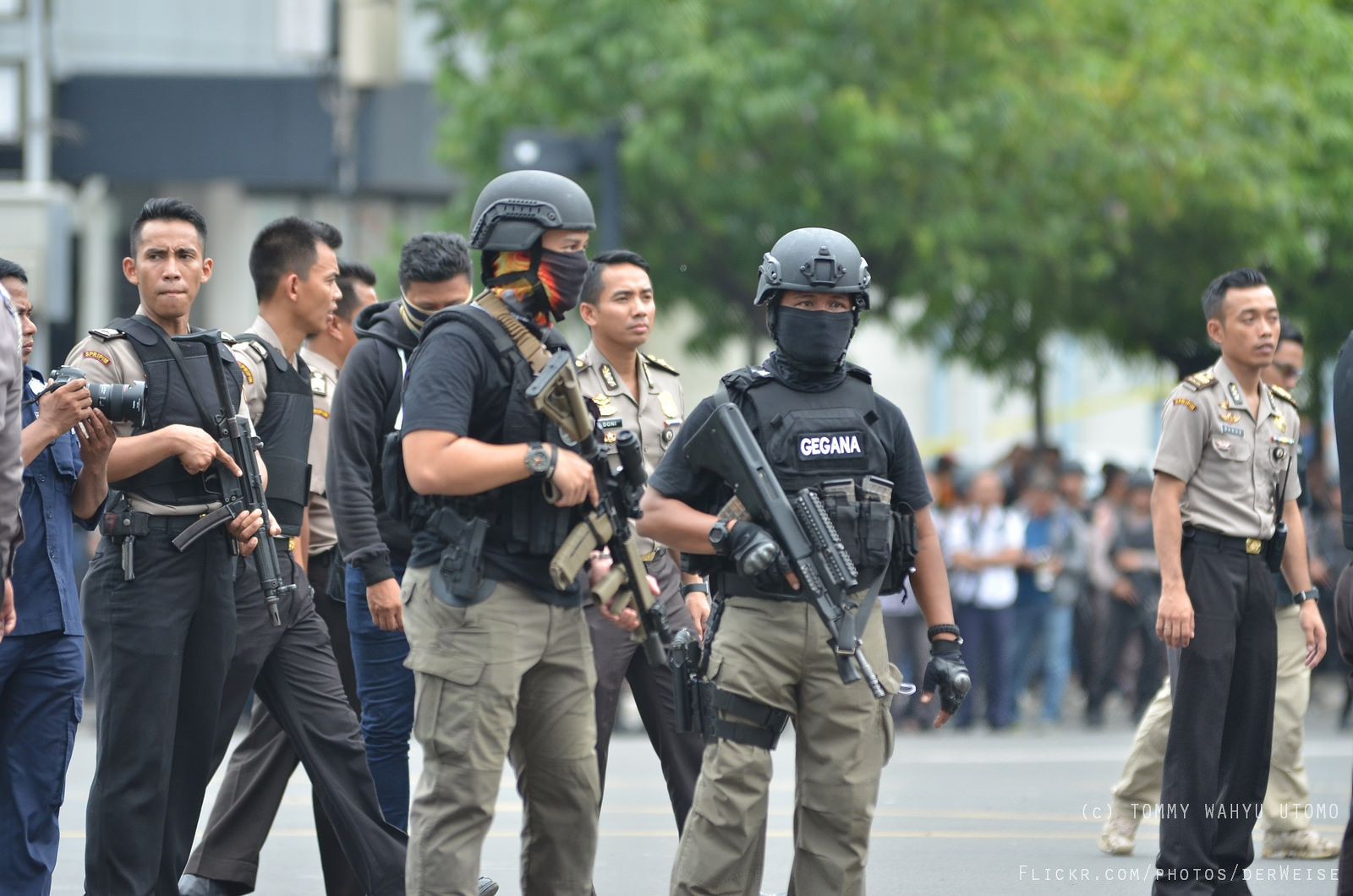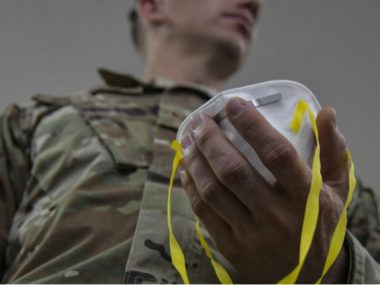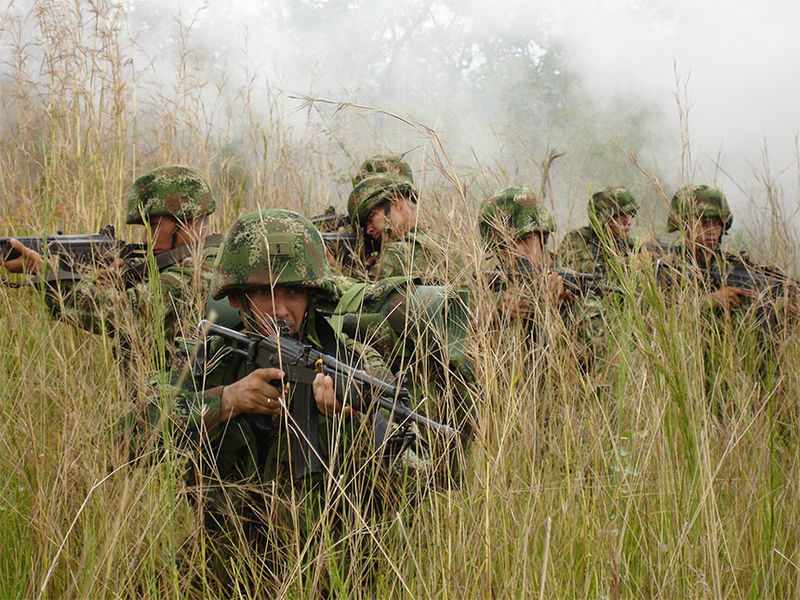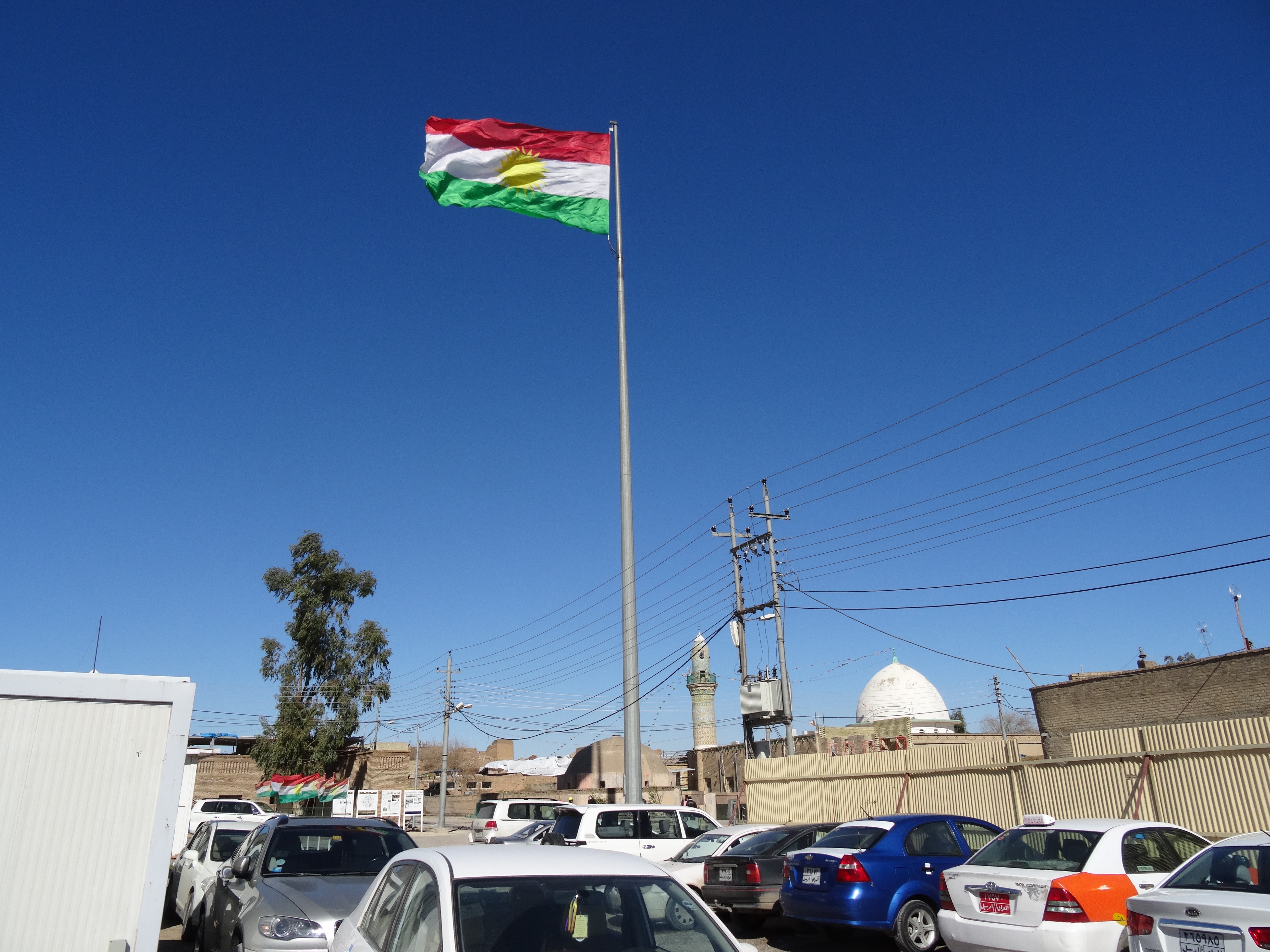Guest post by Erica De Bruin
When Evo Morales resigned from power in Bolivia earlier this month, many hoped it would mean an end to violent protests in the country. But rather than defuse the crisis, Morales’s resignation has been followed by escalating clashes between security forces and civilians. In the most violent incident thus far, security forces fired on pro-Morales protestors on the outskirts of Cochabamba.
Why does violence in Bolivia appear to be ramping up after Morales resigned? Here’s what scholarship on coups and protests can tell us.
Although there is still debate about what to call Morales’s ouster—and the assumption of power by opposition leader Jeanine Añez—it bears many of the hallmarks of a coup. While no force was involved, public pressure from the military appears to have been decisive. As Abdullah Aydogan describes in a recent Political Violence @ A Glance post, this type of “postmodern” coup still involves the military applying pressure to influence the identity of the executive. And the implications for democratic legitimacy are the same as they would be for a more traditional coup attempt.
Coup plotters have important incentives to avoid violence while a coup is underway. Violence is thought to be counterproductive because it can undermine support within the armed forces. Even officers that support the attempt may fear that intra-military violence would undermine the cohesion and morale of the armed forces. Writing about coups in Brazil, for instance, Alfred Stepan emphasizes that a “recurrent theme in Brazilian military coups is the need to avoid bloodshed.” Likewise interviewing coup participants in Ghana, Naunihal Singh found that officers “were emphatic about avoiding what they describe as ‘unnecessary violence.’” As a result, most coup attempts—even those that occur in the context of ongoing instability or civil war—are bloodless.
Once a new regime is in power, however, the incentives for restraint disappear. Once senior officers have thrown their support behind a coup, the contest is typically no longer between different factions within the military, but between the new regime and its opponents, where the use of violence may be seen as less costly to military cohesion. The aftermath of successful coup attempts also provides rulers with a narrow window of opportunity to consolidate their power and deter future challenges.
Coups that happen in the context of mass protests, like those in Bolivia, are no exception. Investigating patterns in military intervention during protests, Kevin Koehler and Holger Albrecht show that they tend to involve senior officers motivated to safeguard their own political positions. While anti-regime protestors may welcome military and security forces to their cause, the relationship quickly sours. As a result, coups that happen during protests put countries on a path toward less political stability than coups that happen in other contexts.
Whether violence in Bolivia is sustained may depend on whether Añez’s regime sticks to its promise to hold elections. In the post-Cold War period, coups that lead to more democratic regimes are associated with a decline in repression—but those that result in new dictatorships do not. Instead, they are associated with an increased risk of repression.
Finally, on the part of the protestors, perceptions that Añez’s regime lacks legitimacy are likely to fuel continued violence. Documenting patterns in protest violence in Mexico, Heather Sullivan shows that protests are most likely to involve violence, both on the part of the protestors and state security forces, in places where states have high levels of coercive capacity, but are perceived as having low levels of authority or legitimacy.
The way in which Añez came to power means that legitimacy will be hard won. In her first week in power, Añez purged ranking members of the military, cabinet, and state-owned companies, and made changes to the direction of the country’s foreign policy. Most troubling, she signed a decree protecting military and police officers from criminal prosecution for actions undertaken to maintain public order– providing the military latitude to conduct repression without fear of punishment. Meanwhile, Morales himself continues to challenge the legitimacy of the new government, warning that “now the Bolivian people can see what it’s really like to live in a dictatorship, what it’s like to live under a state of siege.”
It is too soon to tell whether the new government in Bolivia will follow through on its promises for reform. But the incentives for both the government and the protestors are such that violence in Bolivia is likely to continue for the foreseeable future.
Erica De Bruin is an Assistant Professor of Government at Hamilton College, where her research focuses on civil-military relations and civil war. Her first book, How to Prevent Coups d’état, will be published by Cornell University Press next year.

